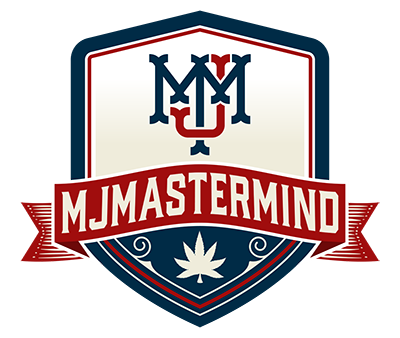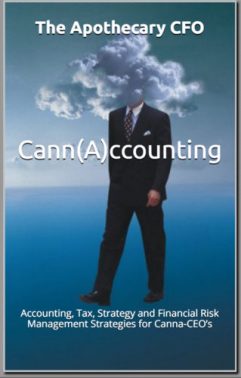Therefore, starting with some basic terminology, which you will hear the first time you speak with a CPA, is below.
GAAP: Generally Accepted Accounting Principles – which is the accounting standards set nationwide for CPA’s to follow. This is nationwide, not state-driven law.So, that is why we can work nationwide.Often these principles are not prescriptive, but rather guidelines and standards, including procedures.Interpretation often follows, and interpretation is where confusion starts.The IRS expects financials in our industry do follow GAAP.
Which is why CPA’s have to communicate with each other, and why you have to know that your CPA is spending the time to educate his- or herself continuously on these ever-changing principles.
Cash Accounting: This is what nearly all small businesses utilize.Income and expenses are recognized when cash is exchanged.It is simple and straightforward.This method of accounting does not follow proper manufacturing or retail accounting principles, especially when doing cost allocations from otherwise non-deductible costs to your cost of goods sold.If cash accounting is used, it is a signal to an auditor or investor that your financial records are likely incorrect.
Accrual Accounting: Used by larger corporations to account for not only their profit and loss, but to also account for their current and future liabilities and the owner’s share of the business. Cannabis-touching businesses must use accrual accounting, regardless of size.
COGS – Cost of Goods Sold: The costs that can be deducted, or rather the costs that reduce the income/revenue you have received.COGS is the central focus for maximizing tax deductions.Applying cost accounting to maximizing deductions can be very complicated, but it is a necessary part of the process to creating the COGS result.COGS is now your new best friend.
Cost Accounting: An accounting process to attribute and allocate the costs required that directly and indirectlyto measure the actual costs incurred to produce, transport, process, and/or sell cannabis.There are many cost methods.No two accountants will likely craft the result the same.That is the challenge for the industry to find common cost accounting practices, and ones acceptable to the IRS and states.The rule of thumb should be if the CEO can’t understand it, it may be too complicated.
Gross Margin: Sales Revenue less the COGS.For federal taxes, this is the number used to calculate taxes, not the net income/profit number.
Net Profit: The profit and loss after all expenses are subtracted from the Gross Margin.What most industries use to calculate taxes from, just not cannabis, for now.
Income Statement: Profit and Loss statement that shows the current period sales and expenses.It will depict your Sales, COGS and Gross Margin.It will also depict your non-deductible federal expenses to get to your net profit, before and after tax. For many states it should be noted that the net profit may be the profit number you calculate for income taxes. In California, for example, to deduct all necessary and ordinary expenses, one must have an S-Corp or C-Corp tax election. Therefore, see specific state rules.
Startup Costs: The costs incurred, generally, before the first day of revenue.These costs, if not directly used to produce or sell your product, are generally not deductible in the cannabis industry.This is a confusing topic.Many will give conflicting advice. The complicated version is that we do capture these costs on your balance sheet, and in future years, especially as tax laws change, these startup costs may be amortized. Amortized often over 15 years.

